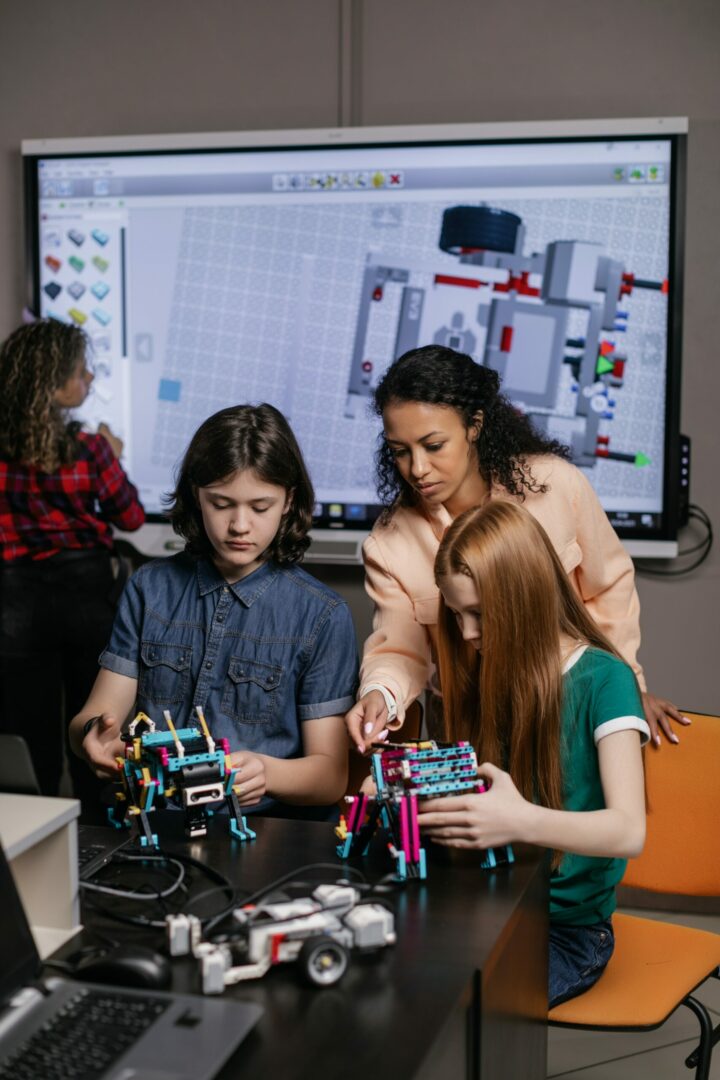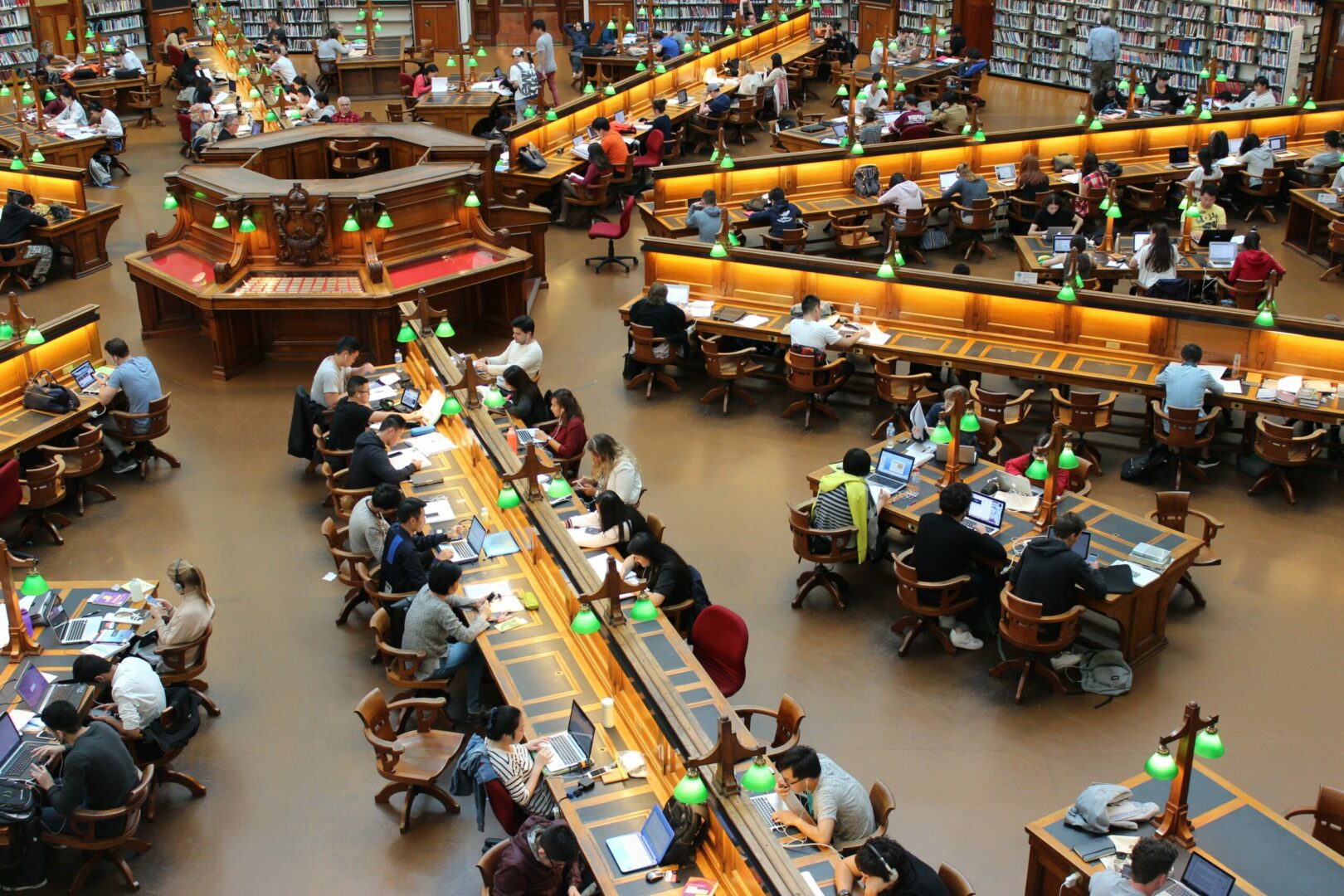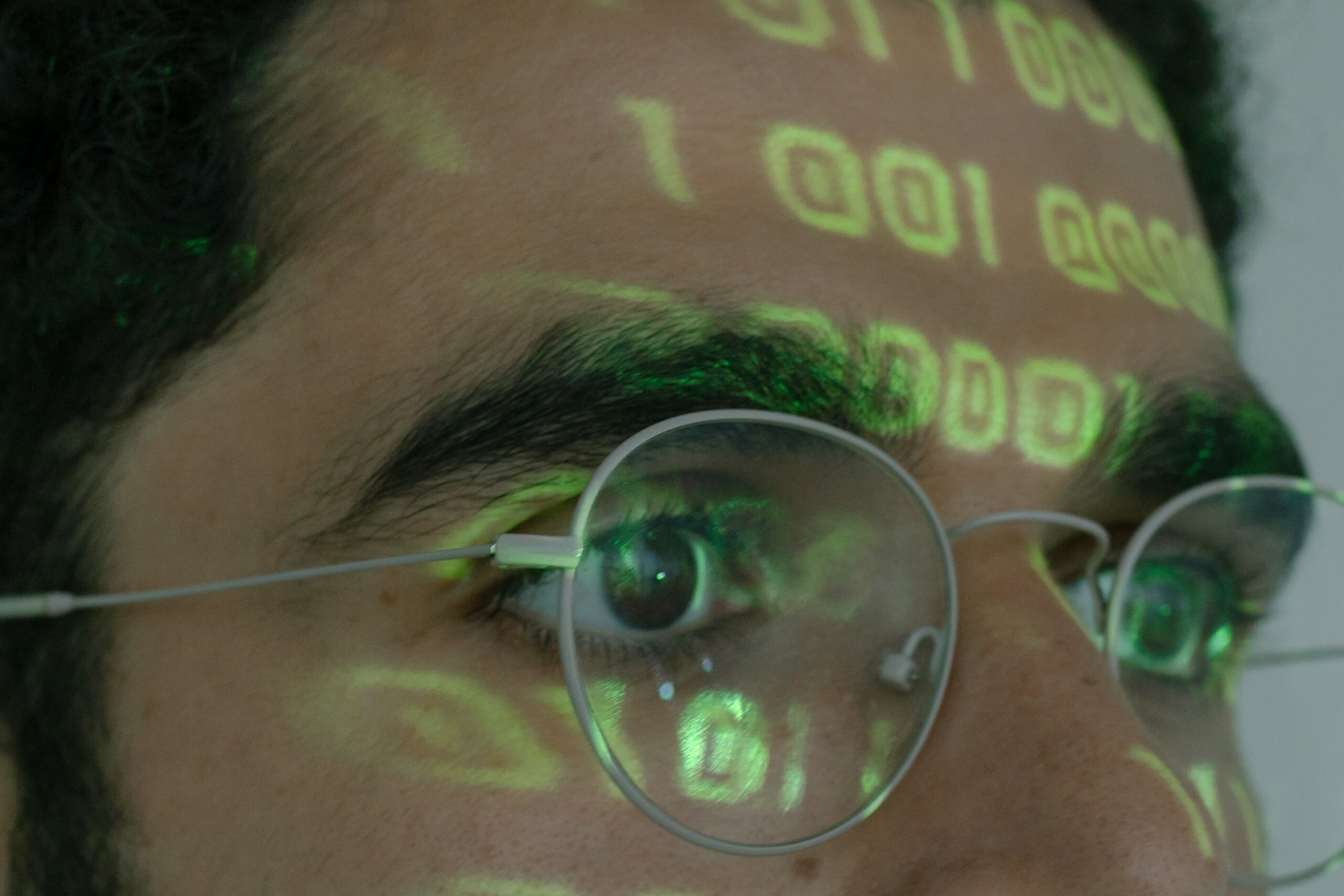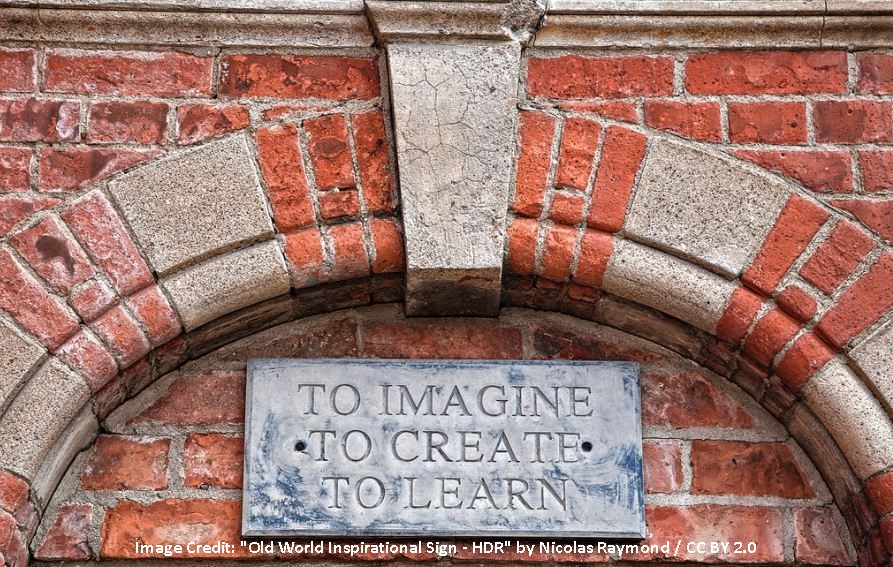Fostering sustainable learning ecosystems
Fostering sustainable learning ecosystems Patrick Blessinger and Madasu Bhaskara Rao The value of knowledge has grown exponentially over the past several decades. In fact, in the modern era, the value of knowledge has become so important to human and social development that education is now universally recognized as a human right. These three concepts – education, learning, and knowledge - have become inextricably linked. In today’s world, human knowledge is produced primarily through formal learning (institutionalized education such as schools and universities), nonformal learning (self-directed education such as instructional videos, podcasts, blogs, and websites), and informal/incidental learning (everyday life experiences). Thus, the development of new knowledge happens primarily through one’s prior knowledge and personal experiences. To say that all people have a right to education is to imply that all people have a right to learn and acquire knowledge throughout the entirety of their lives – lifelong and lifewide learning. [...]




